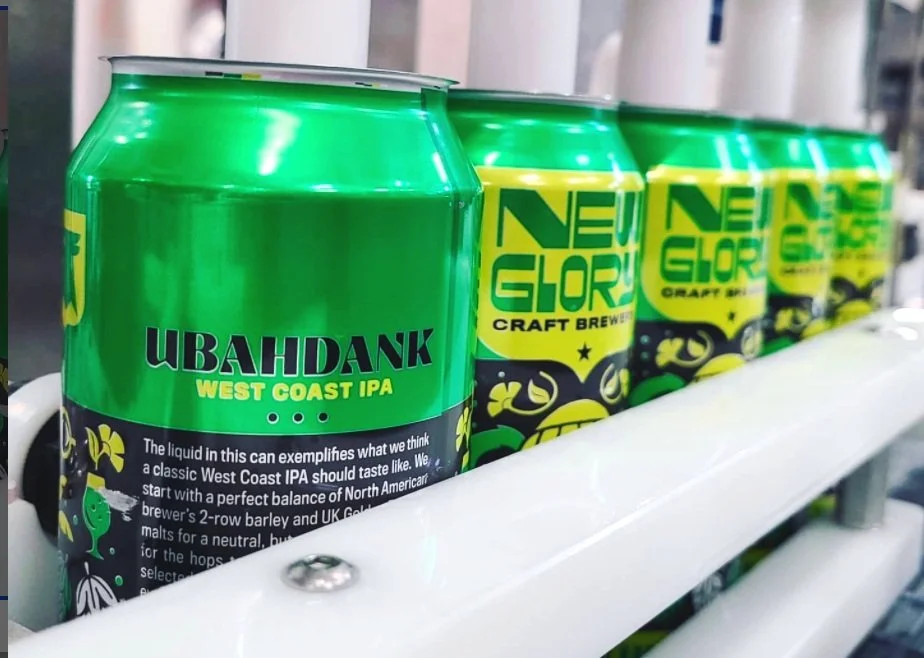Why run a distributor? It’s the People!
The thing that makes our industry so special is not just the wonderful beers, ciders, spirits, and meads we get to taste and explore, but the people we meet and work with along the way. We wanted to highlight the awesome people we are lucky enough to work with here at Culture. So it’s time to meet Stefan Beck (if you don’t already know him!). We have known Stefan for more than 8 years and are so lucky to have him as part of our team. He is one of the most down to earth and honest people we know, and is one of the best people to share a pint with in our industry.
Cheers.
Xandy and Sheila
Where are you from? What is the coolest part of where you grew up?
I was born in Boulder and grew up in the foothills just northwest of town. Growing up in Boulder in the 80’s was very cool, but also it was nice being in the mountains and having lots of room to run around outdoors.
What is your first memory with Craft Beer?
In my early twenties, I decided I liked IPA. Before I really even knew what it was, or that those intense flavors were derived from hops. It was just the biggest, most expressive flavor I could find at the time. Later on, like every good beer geek, I learned to love Belgian beers and lagers.
What did you do before joining the Culture family?
I worked in sales with Elite Brands of Colorado before Culture Beverage and CR Goodman before that. My previous work life before joining the wholesaler side of the industry was in restaurants.
What are your favorite things about being a distributor salesperson?
I love meeting all of the different people, sharing beers that I love with them, and hearing their perspectives. We are lucky to work in a business full of good hearted people. It goes without saying that I also love to taste all of the amazing beverages we have access to. I try not to take it for granted - we have incredible suppliers who are constantly innovating and upping their game.
If you could give one piece of advice to our producers what would it be?
This is kind of tough to put into words, but I think producers and distributors sometimes lack outside perspective on how customers see the market. We get really into minute details, chasing the latest styles, etc. but people can sometimes be overwhelmed by all of that and need things plainly laid out. Most of all, clearly put the style of beer on the can in an obvious place.
Which one of our suppliers do you wish people knew more about?
Fenceline! They make wonderful ciders with tons of character using heirloom cider fruit. It’s definitely one that I like to taste with people and have them realize how complex canned cider can be. When they try them side by side with some other canned ciders, it’s clear that Fenceline ciders are worth spending an extra dollar or two on.
What do you wish customers would do more of?
I love when our accounts have staff education programs. Our portfolio definitely benefits from having a well educated and informed staff that can hand sell. Likewise, it’s always a good idea for breweries to host staff from accounts and give them an opportunity to taste their wares and ask questions.
What is your favorite style?
I love pretty much all beer but have a soft spot for saison, especially with brettanomyces. I will always drink IPA and have been really into lager for the last few years. Also, I love a good pale ale, I hope that there is more enthusiasm for this style in 2023.
What are your desert island beers?
Rather than naming specific beers, I’ll just say that I hope my desert island beer cooler was well stocked with German style pilsner, West Coast IPA, and funky saison.
What do you enjoy outside of work?
I like to cook and enjoy pairing beer and wine with food. I also love to hike and enjoy this beautiful state we live in. Live music is one of my favorite things in life and I go to a lot of concerts. I am also a musician and spend a lot of time outside of work making weird sounds (https://goldenbrown.bandcamp.com for the curious/brave).
















